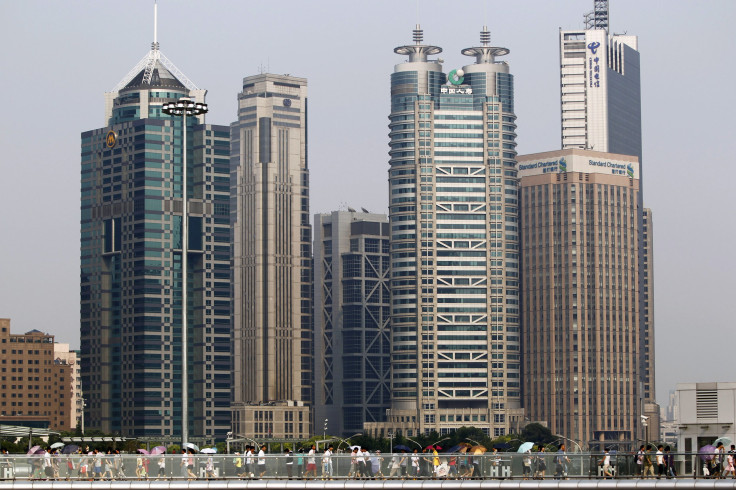China Cinda Asset Management: As Largest Hong Kong IPO This Year Looms, Are Company Shares A Safe Opportunity Or A Risky Gamble?

China Cinda Asset Management Co. will soon begin marketing itself to investors ahead of its initial public offering, which could raise as much as $2.4 billion, making it Hong Kong’s biggest IPO this year.
While the company has diversified in recent years by, for example, entering the insurance market, it continues to make most of its money buying up bad debt from Chinese banks, according to a story in Friday's Wall Street Journal.
Cinda is the first of China’s four distressed asset management companies to go public.
China’s bad loan market is nearly ripe, with analysts expecting a surge in loan defaults and bad debt -- backlash from the free-flowing days of China’s lending boom.
There’s something strange and complicated about Cinda’s decision to list. Typically, fims that specialize in bad debt -- because of the risky nature of the business -- don’t go public. In the U.S., that niche is filled primarily by private equity firms and hedge funds.
And, making things more difficult for investors, Cinda’s financial situation is opaque, at best. It isn’t clear how much the company’s debt is valued at, analysts say. While company insiders tout the money it made during China’s prior loan crisis, betting on history repeating itself is just that: a gamble.
One possible reason for the IPO is that China’s regulators are pulling back, as part of its effort to reform. This includes facilitating stocks listings and making state-owned companies more accountable to shareholders, according to a post on Menafn.com.
But some media organizations are portraying the Cinda offering as a rare opportunity for investors to access one part of China’s economy that is considered by analysts to have tremendous growth potential: bad debt.
The China Securities Regulatory Commission said that from late December through the end of January, it had cancelled IPO applications from 15 companies, the Journal said.
© Copyright IBTimes 2024. All rights reserved.





















